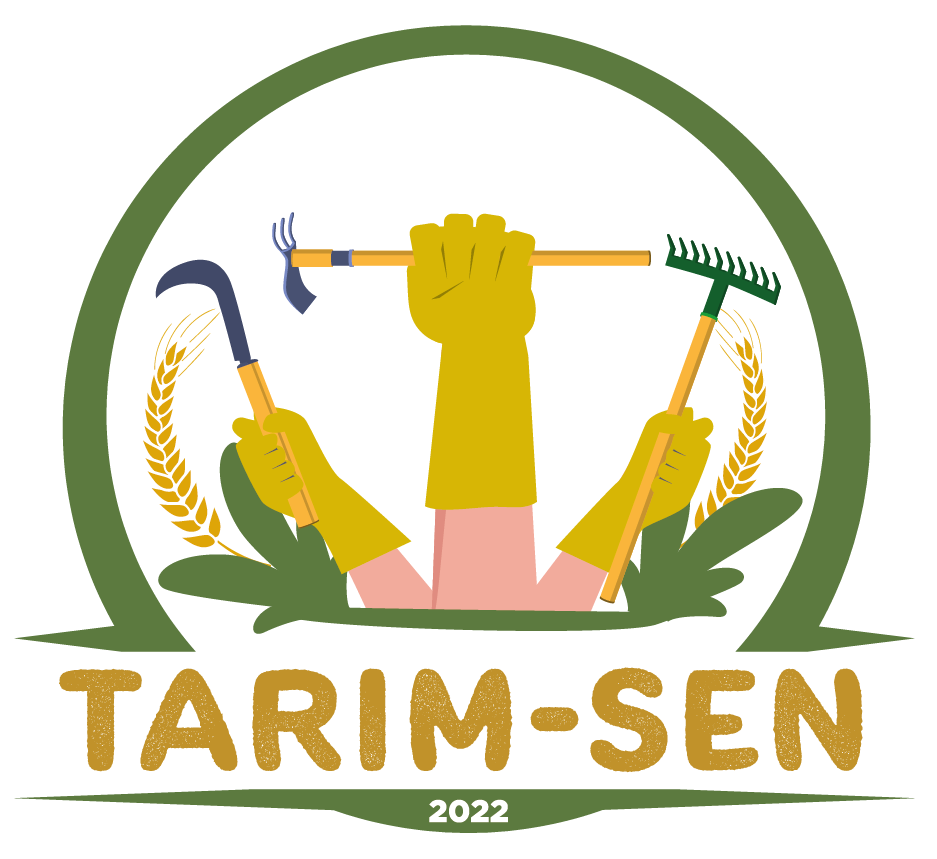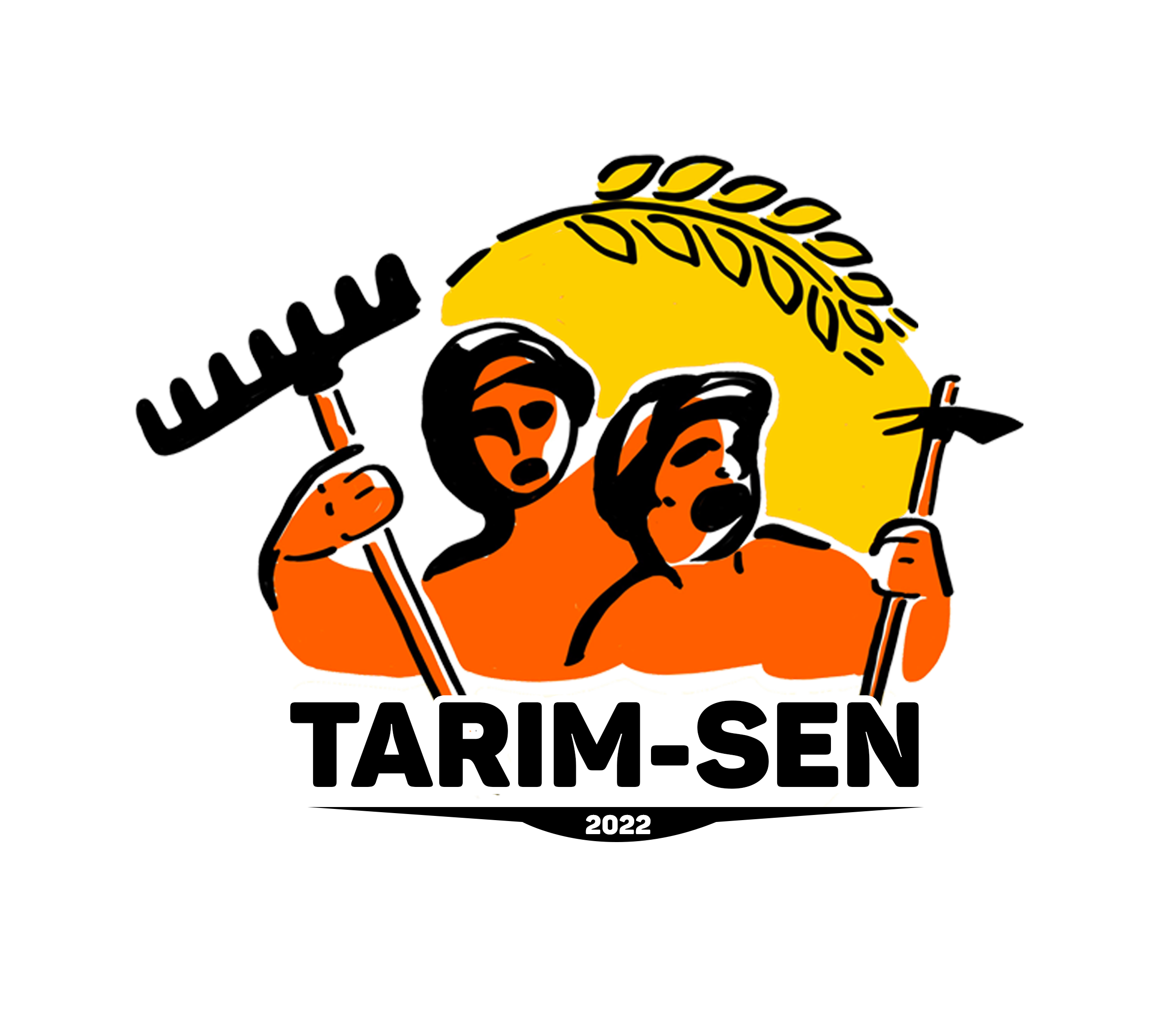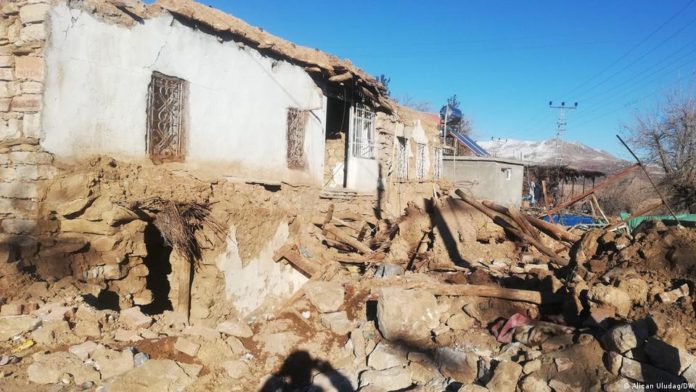Following the February 6th earthquakes that affected our 10 cities, dozens of districts, and hundreds of villages, our members, organization experts, and volunteers went to various provinces and districts affected by the earthquake. We participated in the solidarity units created in organizing the search and rescue works carried out, the supply and distribution of food, hygiene, clothing, and shelter materials. At the same time, we had observed the needs of the citizens affected by the earthquake, especially peasants. We would like to share our general observations about the problems experienced by peasants in the earthquake area.
First of all, we have lost many of our citizens living in the village due to the earthquakes. We would like to share our condolences to their families and loved ones. While some villages were destroyed almost entirely, some of the villages were ruined partly. Among the causes of death are, besides loss of life due to the destruction of buildings, freezing under the rubble, and waiting in an injured state plus the inability to perform almost no search and rescue work. In addition, due to the damage or destruction of barns and pens, many of sheep and goats were left under the rubble, while some of them were rescued, others lost their lives.
The regions struck by the earthquake constitute approximately 20% of the plant production volume and approximately 15% of the sheep and cattle assets. Agricultural activity is the main source of livelihood in many provinces in the region. Small farming, livestock, and seasonal labor are common. It has been observed that small farmers, who already could not benefit from agricultural endorsements before the earthquake also faced a similar process after the earthquake. Due to the economic crisis we were facing before the earthquake, the increases in forage, fertilizer, and diesel prices caused especially small farmers to be in debt. In addition, the construction processes on agricultural lands in many cities where earthquakes were experienced are one of the important reasons why many of our people lost their lives, as well as the separation of small farmers from agriculture.
In the post-earthquake period, agriculture and urbanization policies should be designed through the lessons learned from the destruction and losses, and the workers’ and peasants rights to healthy housing, nutrition, work, and life should be placed in the center.
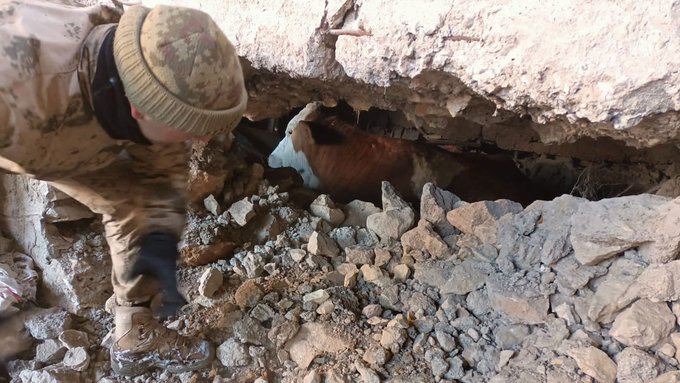
General Observations
1- Search-and-rescue, aid and solidarity activities aimed at villages were extremely limited.
Aid work aimed at villages has been extremely limited. The villagers who were under the rubble mostly rescued their relatives through their own efforts, and professional teams provided very limited support. In many villages, the bodies were buried also by the villagers’ own means. No autopsy process has taken place.
Notably in mountainous regions, due to the weather conditions and the effect of the earthquake, the village roads were blocked for a long time, causing the necessary aid and support mission to reach the villages very late. Comprehensive support has not yet been provided for the most basic needs of food, water, clothing, fuel, and shelter.
The chronically ill and elderly population is dense in the villages where the aid did not reach for days. Due to this negligence basic health needs of the earthquake victims such as dialysis, oxygen cylinders, and wheelchairs were inaccessible, causing great pain and health problems. In the villages to which the ambulances could not reach, the injured earthquake victims had to spend days without the necessary medical support.
Essential materials such as sick diapers and cleaning wipes could not be delivered in a sufficient volume to meet the needs in order to protect the public health in the villages in the long run. The neglect of this situation increases the risk of novel epidemics in these villages each passing day.
In many villages, the supply and distribution work for the needs was carried out with the eminent solidarity and dedication of the volunteers.
2- Solidarity relations between neighbors have come into play in the villages.
We have observed that solidarity relations are active in the villages in various aspects such as search and rescue, wreck removal, burial, shelter and nutrition. For example, several families with elderly and children were able to take shelter in reliable buildings. The people living in the city, who had houses in the village, also returned to their villages and took shelter in the village houses in large numbers. Although this means protection from the possible effects of the earthquake as a short-term solution, just as it was experienced during the pandemic process, it also presents the risk of construction in the agricultural and forest areas in the long run. In order to avoid similar destruction processes, agricultural and forest areas should be protected, and shelter processes should be organized in a way that is based on production and ecology.
3- It’s observed that the main needs demanded in the villages are as follows:
Basic needs: Tent, water, stove, wood, coal, all kinds of food, clothes, hygiene products, medicine (especially for children and the elderly).
Agricultural needs: Forage, hay, medicine, generator, large tents to replace the destroyed barns and sheep pens, agricultural tools and equipment.
The basic needs can be listed as the forage needed by the agricultural workers in order to maintain their livestock activities, the barn equipment consisting of tents for the shelter to the animals, the generator needed for milking, and the opening of the village roads so that people can collect the milk. It has been observed that the number of hive deaths among beekeepers is not high, but a certain labor force will be needed to maintain the beekeeping activities.
4- The fact that the villages were turned into neighborhoods with the metropolitan law caused difficulties in providing the needed support work for villages.
Villages are preserved as villages in the collective memory. The metropolitan law did not contribute to the faster solution of the needs of the villages. Therefore, it is an urgent need to establish units that can organize quickly for potential future disaster processes in these regions. Past examples such as local units for rural and forestry works function as a guide in this regard. Considering that the elderly population lives in the villages, it is certainly a much felt and necessary requirement.
5- The Ministry of Agriculture and Forestry is the main responsible and respondent.
The addressee, which hold all kinds of responsibilities in the regulation of the production processes of the villagers, is the Ministry of Agriculture and Forestry. In the face of the disaster, the Ministry started its support activities too late, and a comprehensive and holistic support policy has not yet been established to this day. In the works carried out so far, farmers registered with ÇKS (farmer registration system) or breeders who are members of breeder associations are allowed to benefit from forage aid. Farmers with ÇKS registration will be able to benefit from the medicine, diesel and cash support that will be announced in the coming days. However, it is known that most of the farmers in Turkey are not registered with the ÇKS. In addition, while the majority of these supports are directed to large farmers, registered small farmers have been stating that they themselves have difficulty in getting support. In addition, various inequities have been observed in the support processes, and discrimination such as office, position, being a member of a party or a certain family is experienced among those in need. Small-scale farmers, currently living with only a few subsistence animals, have almost no access to support mechanisms. The poor peasant is getting poorer with the destruction. The Ministry of Agriculture and Forestry, which is responsible for arranging and executing aid, presents serious weaknesses in this regard.
6- Villagers are faced with giving up production.
It is becoming increasingly difficult for many villagers who have lost their animals, who cannot receive adequate support, who do not have the opportunity to feed and milk their animals, to continue their production. It is stated that villagers who cannot find forage in various villages sell their animals in exchange for very low prices. Moneylenders-traders are observed to be trying to take advantage of the situation of the producers damaged in the earthquake. There is the risk that the villagers who are not able to take care of their animals and who cannot provide the necessary housing conditions will sell their animals and migrate to other places. This is extremely problematic, particularly in terms of the right to production and the food security of society.
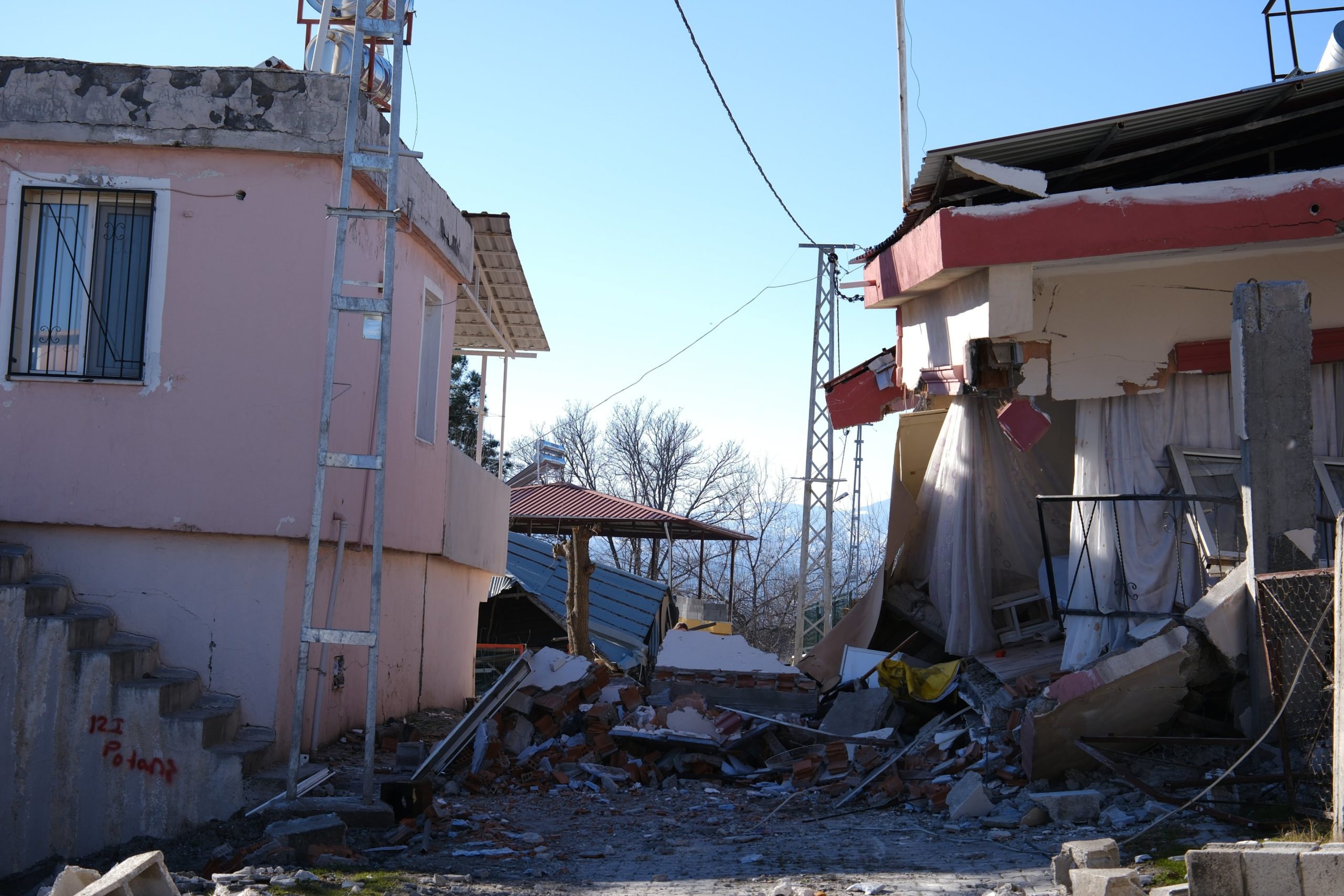
Conclusion
The effort of the capitalist class to construct the earthquake process as a new accumulation process will bring along various social processes such as the expropriation of the peasants, their migration by quitting production, and being forced to become workers. It is clear that small producers will be the segment that will be most affected by this process. This situation will strengthen agribusiness causing a deepening of a food crisis, which consequently will further weaken the food security of our people.
In this process, we witnessed thousands of volunteer efforts working to meet the needs of the villages: young people coming from other regions to the earthquake area to do volunteer work for the villages, urban workers following and organizing the needs lists and supporting the coordination in the field, students creating an online need map in constant contact with the headmen, planners, architects, mukhtars creating common shelter areas, foundations, cemevi (djemevis)…
Peasants and agricultural workers will never forget this intense solidarity between our people.
Our union will continue to follow up on the needs of agricultural workers, support coordination processes, and monitor relevant activities, especially of the ministry, while creating public opinion in favor of agricultural workers.
TARIM-SEN (Agircultural Workers Union)
Published in Turkish: 20.02.2023
Published in English: 02.03.2023
